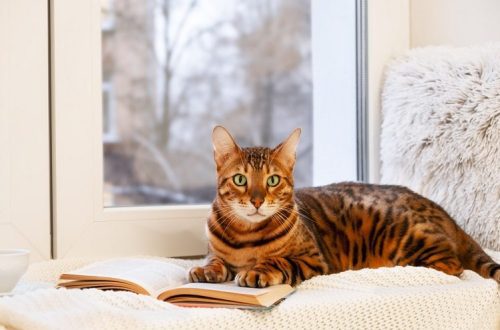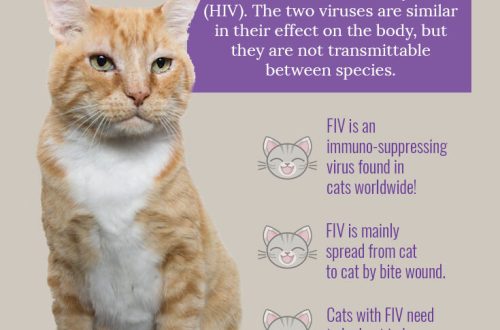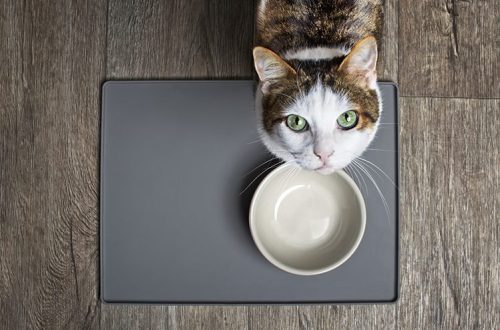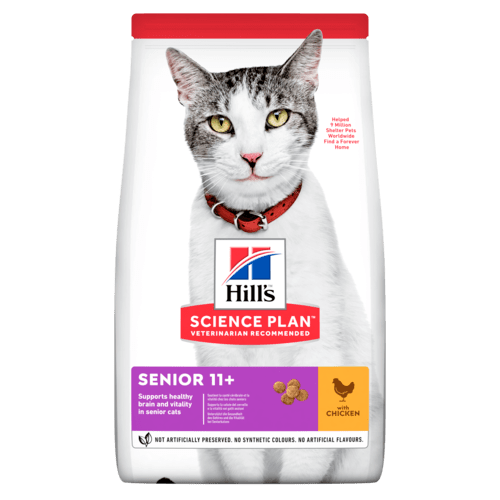
Cat aging and its effects on the brain
Unfortunately, the symptoms of aging are inevitable not only in humans, but also in our cats. According to the American Association of Cat Practitioners, 50% of cats at the age of 15 (the same age as 85 in humans) show signs of brain aging. Brain aging diseases in an older pet can have a significant impact not only on their lives, but on the lives of your entire family.
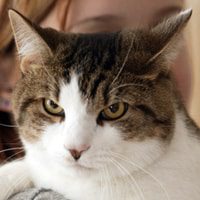 Signs of cognitive impairment in older cats:
Signs of cognitive impairment in older cats:
- Loss of interest in interacting with people and other pets.
- Decreased appetite.
- Urination or defecation outside the litter box.
- Loss of problem solving skills.
- Less awareness of one’s own environment.
- Violation of the cycle of sleep and wakefulness.
- Loud meowing – especially at night.
Older cats, just like humans, can make an effort to fight the signs of brain aging. In fact, it is at this time that your pet needs you the most. By taking certain precautions, providing proper nutrition and mental stimulation, you can help your aging cat adapt to any behavioral problems and maintain her mental health.
When it comes to food, choose foods that are rich in antioxidants and omega fatty acids to improve your pet’s cognitive function. Incorporate a puzzle ball or maze toy into your meal to stimulate your aging cat’s hunting instincts and brain activity.
In regards to nighttime sleep, make sure the place where the cat sleeps is quiet and safe. Be sure to leave a light or nightlight on to help her cope with her visual impairment, as well as adjusting to changing sleep-wake cycles and an additional tendency to wander around the house.
Provide non-slip surfaces throughout your home and add ramps or steps so your older cat can get to her destination without having to jump. Increase the number and size of cat litter boxes in your home to help your cat with frequent urination and bowel movements, another common behavioral change in older cats.



